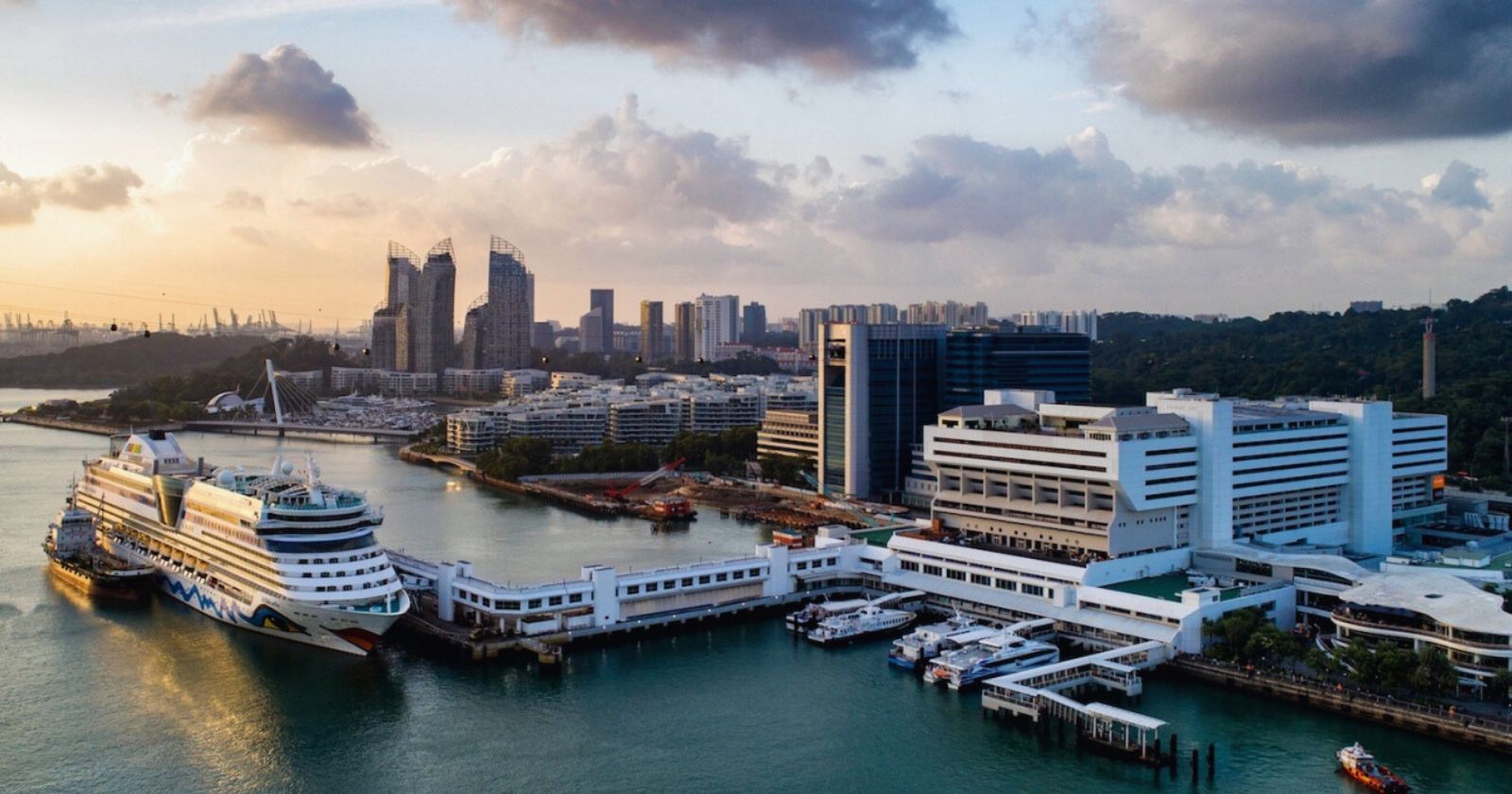Parliament addressed the S$2.8 billion money laundering case during the sitting on October 2023, with multiple ministerial statements issued and Members of Parliament asking for clarifications.
Two amendment bills were also passed during the Parliament hearings on Oct. 3 and 4, 2023, to combat the risk of illegal economic activities.
Income Tax (Amendment) Bill
The first bill, which amended the Income Tax Act, was passed in Parliament on Oct. 3, 2023.
This will bring into effect changes to Singapore's tax regime as announced during Budget 2023, as well as other amendments arising from recent policy reviews.
Taxing foreign-sourced income with no "economic substance"
An amendment not tabled during Budget 2023 changes how Singapore deals with certain types of foreign gains.
From Jan. 1, 2024, foreign-sourced disposal gains will be taxable in Singapore when received by entities of multinational enterprise groups that do not have "economic substance" here.
This refers to gains from the sale or disposal of foreign assets, including those related to intellectual property rights.
The move will address international tax avoidance risks relating to non-taxation of disposal gains in the absence of real economic activities, explained the Senior Minister of State for Finance Chee Hong Tat, on behalf of Deputy Prime Minister and Finance Minister Lawrence Wong.
However, the objective is not to tax capital gains in Singapore but rather "align key areas" of Singapore's tax regime with "international norms".
Chee explained that the new tax treatment is consistent with international standards, such as the EU Guidance on Foreign-Sourced Income Exemption Regimes.
He added that it is in Singapore's interest for her tax rules to "stand up to international scrutiny", particularly as a small and open economy.
He also noted that the Inland Revenue Authority of Singapore (IRAS) will publish industry guidelines on assessing what constitutes adequate economic substance by the end of 2023.
Free Trade Zones (Amendment) Bill
The second bill passed on Oct. 4, 2023, introduces amendments to the Free Trade Zones (FTZ) Act.
Businesses operating within the FTZs enjoy many benefits, including exemption from customs duties and taxes on re-exports, simplified Customs procedures, access to streamlined logistics and transportation services, and other services to facilitate trade operations.
The amendments introduce a new licensing regime for FTZ operators, set out clear responsibilities for cargo handlers and provide more enforcement powers for Customs authorities.
Chee explained that updates to the law are necessary as there have been growing concerns about FTZs worldwide being misused for illicit activities such as weapons proliferation and trade-based money laundering.
For example, he said illegal actors would disguise their actions as legitimate trade, such as by falsely declaring cargo manifest data or swapping out legitimate goods with contraband before re-exporting.
As such, these new amendments aim to keep pace with evolving threats and the increasing sophistication of illegal actors.
Amendments targeting FTZ operators, cargo handlers and Customs authorities
Under the new licensing regime, only those FTZ operators who meet the requirements will be given a licence to operate.
They will also be required to put in place necessary security structures like CCTVs and fences and assist customs officers in their official duties, Chee said.
While cargo handlers and agents do not have to apply for licences, their responsibilities will be regulated and laid out for clarity.
Specifically, cargo handlers will be responsible for monitoring and managing the movement of goods handled at their premises within the FTZs and ensuring their premises are secure.
"They will need to report goods that may have contravened our laws," Chee added.
Customs officers granted rights to arrest without warrant
The amendments proposed also seek to enhance the enforcement powers of Customs authorities, including the Director-General of Customs.
The Director-General will be able to grant, renew, suspend or revoke licences, impose or modify licensing conditions, order the removal of dangerous goods, and detain goods for inspection.
Customs officers will also be empowered to request information for investigations, witness examination, arrest of any person without warrant, and search of any arrested person.
Concerns on impact of amendments on trade operations
Concerns were raised by some Members of Parliament (MPs) about the impact of the amendments on businesses' operational efficiency and overall competitiveness as a trading hub.
In response, Chee said that Singapore wants to maintain a business-friendly operating environment and its status as a trusted trading hub.
However, it should not be misused by bad actors for illicit activities.
"We have to remain vigilant and continuously strengthen our regulatory framework to detect and deter illicit trade.
Customs will continue to review the adequacy of its regulations, take action to address gaps and ensure that we have a robust regime in place."
Top photo from Singapore Tourism Board

If you like what you read, follow us on Facebook, Instagram, Twitter and Telegram to get the latest updates.



